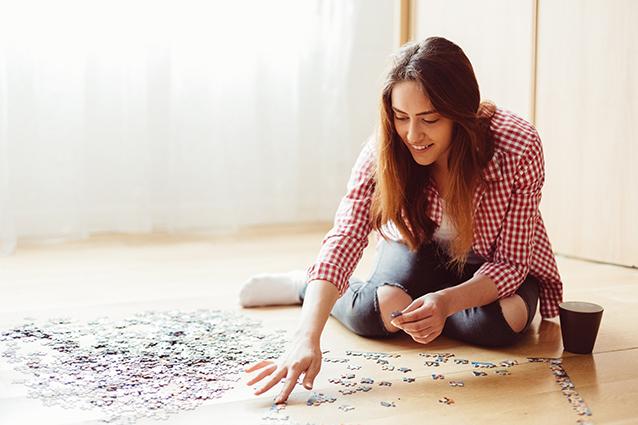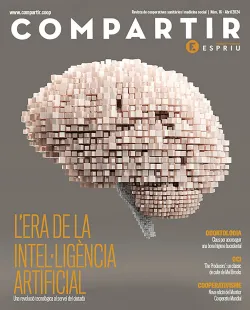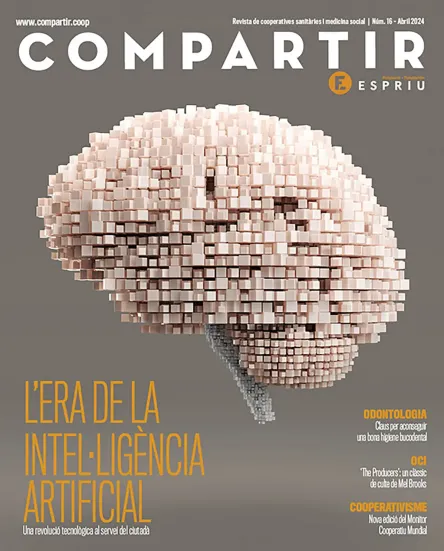
The power of the jigsaw puzzle
The world’s favourite pastime has become even more popular during the lockdown caused by the pandemic. The action of putting the pieces together is an ideal exercise for concentration and escapism while providing a feeling of success and satisfaction that is addictive (in a good way).
Opening the bag, pouring out the pieces, spreading them out right-side up and facing up to the challenge. Doing a jigsaw puzzle is one of those pastimes that never go out of fashion. In fact, in recent months the complete opposite has happened, when lockdowns have meant that they have become even more popular. In April, 2020 the highest sales in history were recorded. Amazon increased its jigsaw puzzle orders by over 2000%, while many shops in Spain devoted to the sale of jigsaw puzzles ran out of stock. The rage for this hobby was, and continues to be, global, as can be seen in Australia, the country that kept up the longest, strict lockdown in its cities, where in one month the same amount of jigsaws were sold as in the entire previous year.
And the fact is that the popularity and attraction of the jigsaw has a great deal to do with its personality: it is suitable for everybody, with age, level or gender making no difference. There are endless types and varieties. There is always a new jigsaw puzzle to start.
Either individually or in a group, doing a puzzle goes beyond being an excellent leisure alternative for relaxing, disconnecting or escaping from the world after a stressful day. Studies have shown that doing a jigsaw puzzle can improve the cognitive capacity and visual and spatial reasoning of the person doing it. But it goes way beyond this. The action of joining the pieces of a jigsaw demands concentration; it reduces stress; it improves short-term memory; it increases creativity; it wakes up the imagination and it helps with problem-solving.
Memory and concentration
This moment of concentration and silence (in most cases) helps the mind to exercise itself in a productive and effective way. Amongst the cerebral benefits of this exercise, an increase in the production of dopamine stands out, a neurotransmitter that regulates moods, the memory and concentration. In the case of the jigsaw puzzle, dopamine is successfully released as the puzzle progresses and is resolved.
At the same time, the full attention and concentration that are needed to do a jigsaw relax the mind and produce a meditative state that contributes to mental well-being.
Analogical disconnection
In addition to paying conscious attention to a single task, the jigsaw puzzle is a perfect option for carrying out so-called ‘analogical disconnection’. In this digital era, where multitasking and screens mark out the daily routine, there is nothing better than stopping and being able to start over with the analogical challenge of a jigsaw puzzle.
Few things are as satisfying and rewarding as putting the last piece of the jigsaw puzzle in its place. This feeling of success and achievement due to completing a challenge. A satisfying reward that generates a positive emotion, which when felt makes you want to repeat it and so, feel it again. So, what could be better than breaking up the puzzle and starting over again?
Championships and more…
Jigsaw puzzles are so popular that there are jigsaw puzzle associations and federations in many countries. AEPUZZ is the Spanish Association of Puzzles and it organises the Spanish Puzzle Championship, which will be held again next year, after cancelling the last two editions due to the restrictions. The World Jigsaw Puzzle Federation (WJPF) is an international organisation devoted to jigsaw puzzles that organises the World Jigsaw Puzzle Championship (WJPC), a competition of skills that acknowledges the fastest puzzlers. Valladolid will host the next World Championship in June, 2022.




